I’m excited about Plum Johnson’s They Left Us Everything, our next 1010 Park Place Book Club choice. I hope you loved it as much as I did.
In this award-winning book (that would make an amazing film à la The Family Stone), Johnson chronicles the process of caring for elderly parents, and emptying and selling the family home. As she sorts through her parents’ belongings, she explores the idea of family legacy, validity of memory and how much influence our family has on who we are as adults. She focuses particularly on her often contentious relationship with her mother, who was a larger-than-life Southern belle.
I asked Plum some questions about her book. If you have questions, she’ll be hanging out with us in the comments field and is happy to answer your questions.
JL: Was it hard or healing to revisit old memories?
PJ: Memories came unbidden as I cleared out Mum’s house. Every item triggered a memory –touch, sounds, sights, smells, especially Mum’s perfume. I never intended to write a book, but I jotted down things for my grandchildren. Then one day I hauled some things to the thrift store and saw that it was piled high with stuff like Mum’s. It was like we were throwing away the whole of the 20th Century, and I thought, wow … Everybody’s doing this! Why isn’t anybody writing about it? It took about nine months to compile the stories and another two years to edit. Mum was hiding in that rubble, and writing the book brought her back inside me. It was a profoundly healing experience; we have a great relationship now.
JL: I love this line, “They say you can never go back, but the people who say that haven’t seen this house.” Can you ever leave home psychologically? Your family home has been sold, and some time has passed since writing this book. Have your feelings changed?
PJ: Part of our yearning for home is is our yearning for childhood. We were lucky Mum and Dad lived in the same house for so long and saved everything. The view is the same; the setting hasn’t changed. It still feels sacred to me. The house has a new family now, but I can still go inside the walls in my memory and touch every doorknob. The details will never leave me.
JL: You write some very brave and revealing things about you and your family. When you were writing, did you find yourself self-censoring at all? How did your siblings – who feature prominently – react to the book?
PJ: It didn’t feel brave at the time, except for my confessions about Mum. Those terrified me.
I expected to be vilified by readers for being such an ungrateful daughter, but reactions have been just the opposite.
One beautiful reader accosted me outside an elevator. “May I give you a hug?” she said. “I had a mother just like yours!” I wanted to kiss her. As for my family, I sent them each a copy of the manuscript and promised to remove anything they found hurtful (there wasn’t anything.) I also asked them to help me correct any inaccuracies (there were some.) No book is written alone – it’s always a team effort – and they helped make it better.
JL: In the book, you explore the reliability of our memories. You wrote a beautiful passage about the 8mm film reels documenting your childhood, where the roles of your parents as presented on film were quite opposite to what their roles were in life. You ask the question, “Where’s the truth?” Knowing the unreliable nature of memory, and even archives and memorials, what was your process of uncovering the truth while writing this book?
PJ: This is a great question – especially knowing that we made a typo on Mum’s memorial plaque. Where’s the truth in that? Naturally my brothers and I each have different perspectives on past events. All eye-witnesses do. It’s the nature of the beast. For example, Victor and I were the only siblings who experienced being “single children.” But when I was a single child, Mum and Dad were just married, giddy with romance; when Victor was a single child, the rest of us had left home and Mum and Dad were ready to kill each other. All memory gets filtered through personal experience. As long as my brothers could confirm that an event actually happened, that was enough truth for me. My memory of it might be different from theirs, but They Left Us Everything isn’t their truth – it’s mine. Occasionally one of my brothers would scribble, “Fiction!” down the margin of my manuscript. I’d write back, “Oh nuts … what family did you come from?”
JL: You talk about how your relationship with your parents made you mindful of the relationship with your own children. How did your approach to parenting and grandparenting shift through the writing of this book?
PJ: I’ve always said to my own children, “Tell me what I’m doing wrong. Don’t wait until you’re on a psychiatrist’s couch 20 years from now.” But of course I turned into my mother about five minutes after she died. At least, that’s what they tell me.
***
The book club will be back in the new year with Caroline Leavitt’s Cruel Beautiful World, a beautiful novel about sisters that is set in the 1960s. The author will be joining us on January 31 and looks forward to your questions. Happy reading!

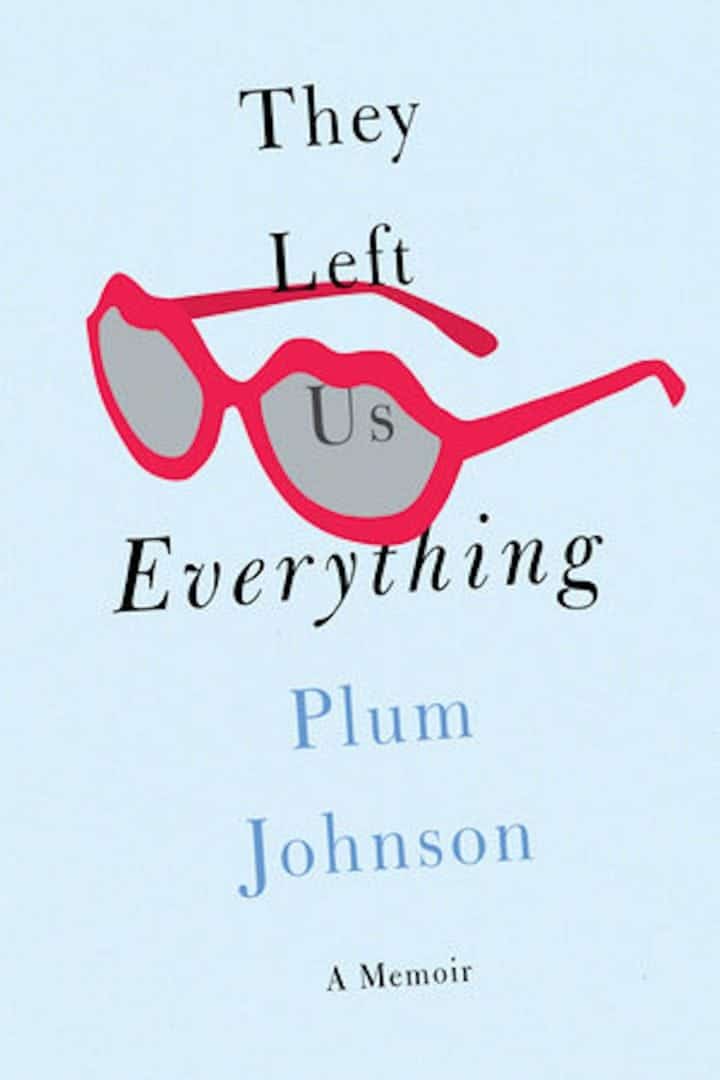
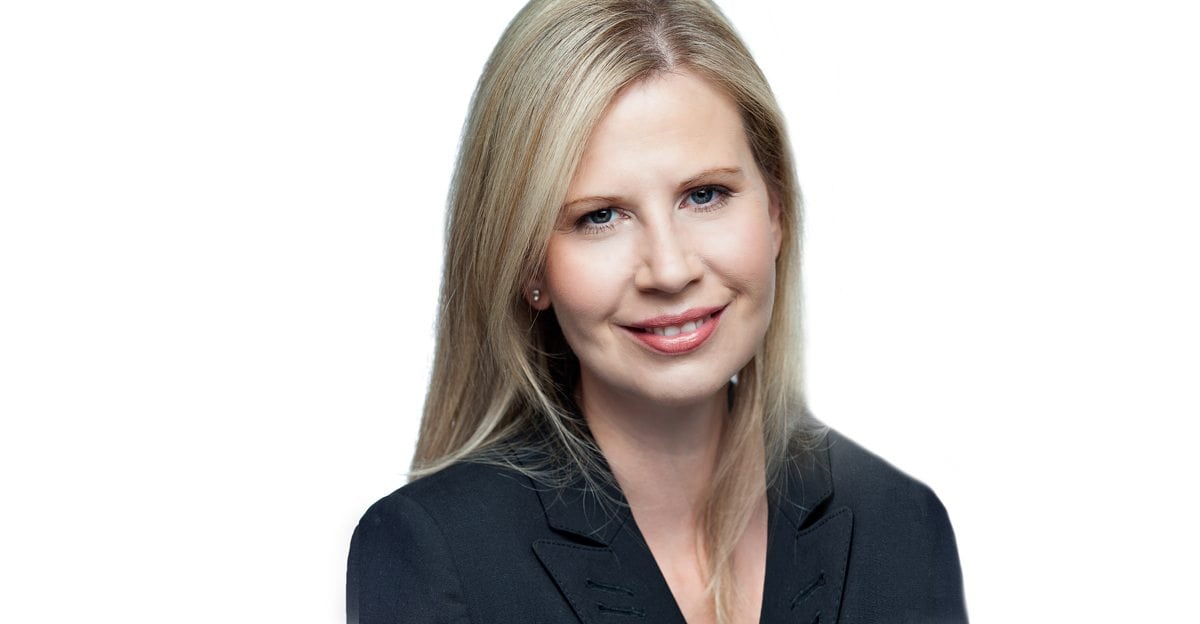
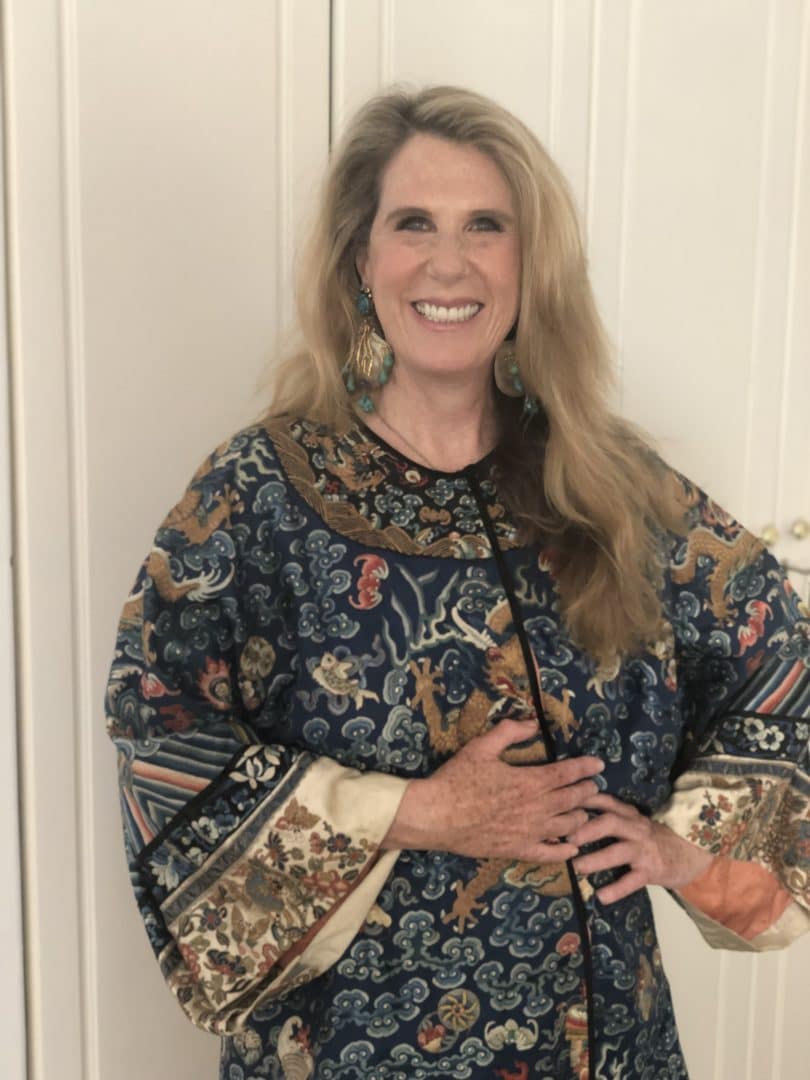

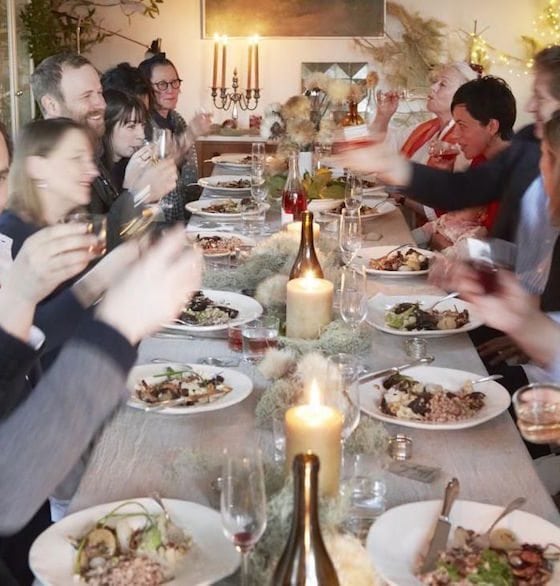
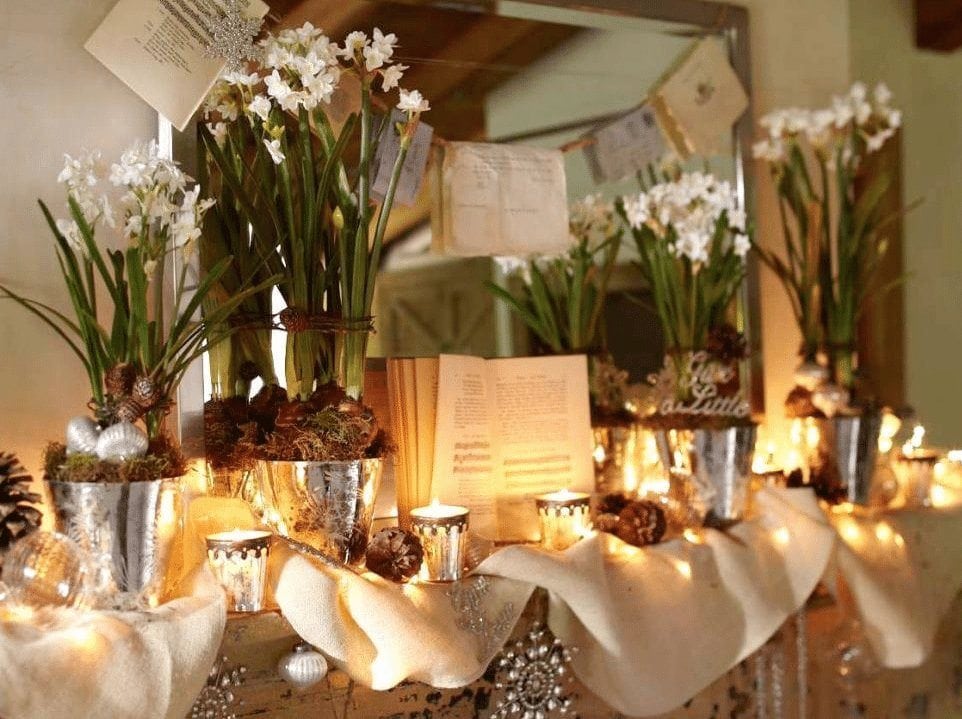

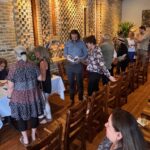


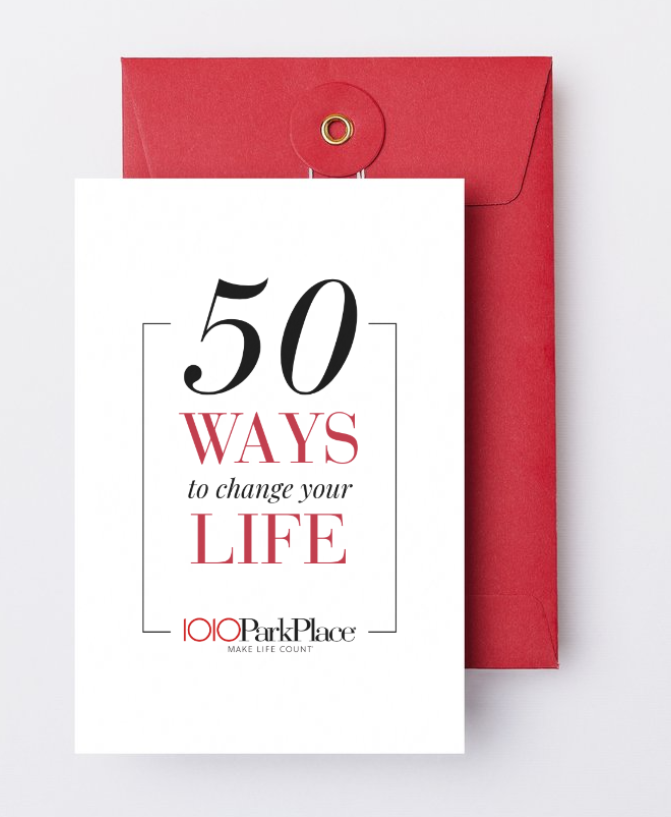
12 thoughts on “1010 Park Place Book Club: Plum Johnson’s They Left Us Everything”
This sounds like a fascinating book! As a caregiver to my mom who has Alzheimer’s and is the consummate Southern Belle I can relate so much!
You will love it, Rena. I think the story will really speak to you.
Plum, I love how you distinguish your truths from that of your siblings. It’s so interesting how our age and life experiences can color our perception of things. My mother died with dementia last year. While it was a difficult situation, those months were healing for both of us. In many ways, your story is my story… our generation’s story. Thank you for writing it, Brenda Coffee
Wasn’t it wonderful! I think a lot of 1010 readers will relate.
Thanks, Brenda. I think it’s true that those of us in this generation all have a similar story. Most of our parents lived through the Depression and WW11. It shaped them, and so they shaped us. I’ve learned that even the skeletons in our closets look pretty similar!
I must look for this book. It would make for sm interesting discussion at our book club. My husband’s family has differing views on their dad, depending on birth order. Thank you for bringing this to my attention.
Joanna, it’s a great book club book: I’m sure it will spark a lot of important conversations.
I have a question for Plum.
They do say you can’t go home again, but this process must have made you feel so much closer to the community in which you grew up. Did you ever consider moving back there after selling your parents house?
Jean, I still dream of moving back. I’d want a tiny writer’s retreat by the lake – even a garage would do … but haven’t found one yet.
Plum, I loved the book.
Did you make any big life changes – personally or professionally – as a result of the process of selling the house and writing this book?
And can we expect another book from you soon?
Linda, the biggest change was probably psychological. Clearing Mum’s house and writing the book gave her back to me … and then winning the non-fiction prize propelled me into possibilities. Life is so amazing that way. New chapters always open up. You’re so sweet to ask about another book. I’m working on it – finally learning how to shoot the inner critics that used to take up space in my brain!
This sounds like a great book, and yes – one that will speak to so many in our generation! I’ll look for it! Thanks for sharing!
Comments are closed.